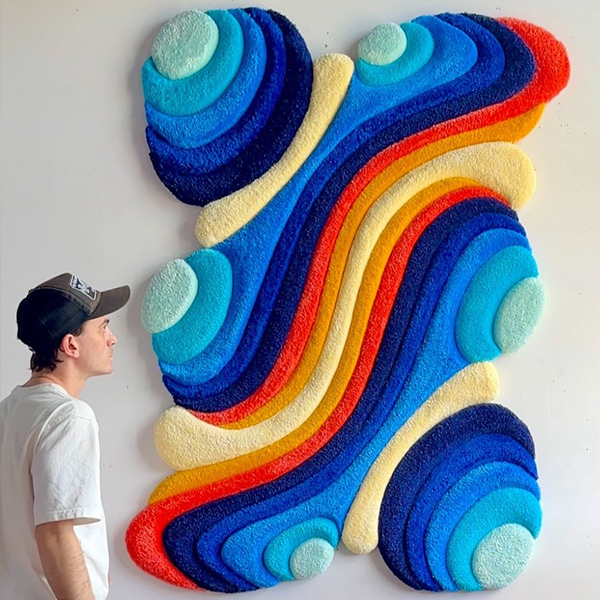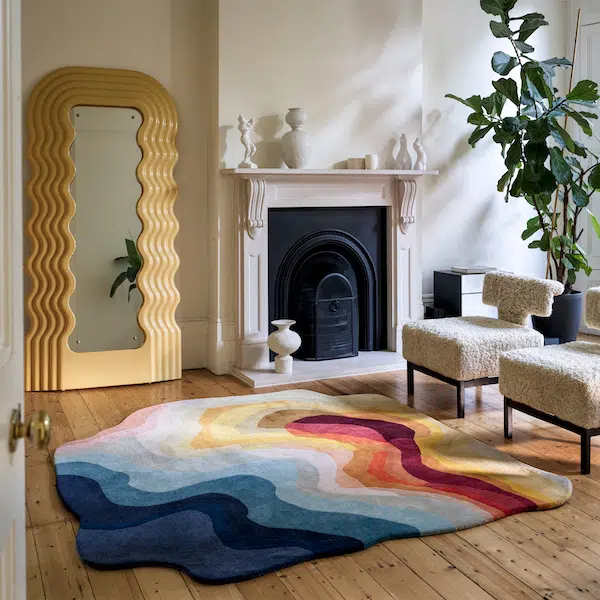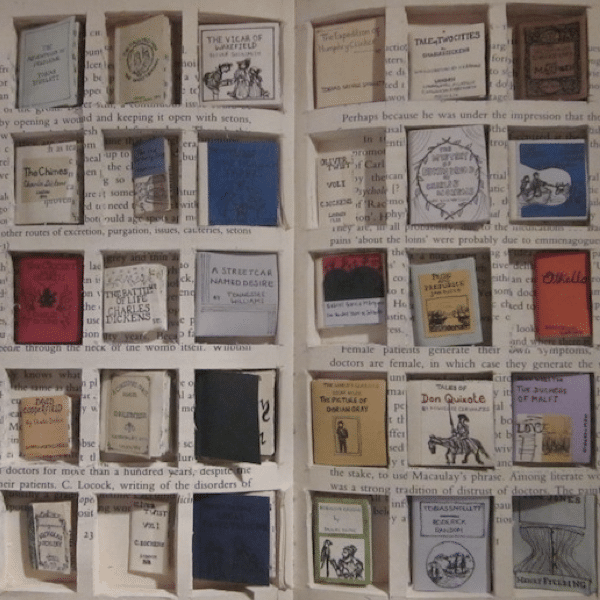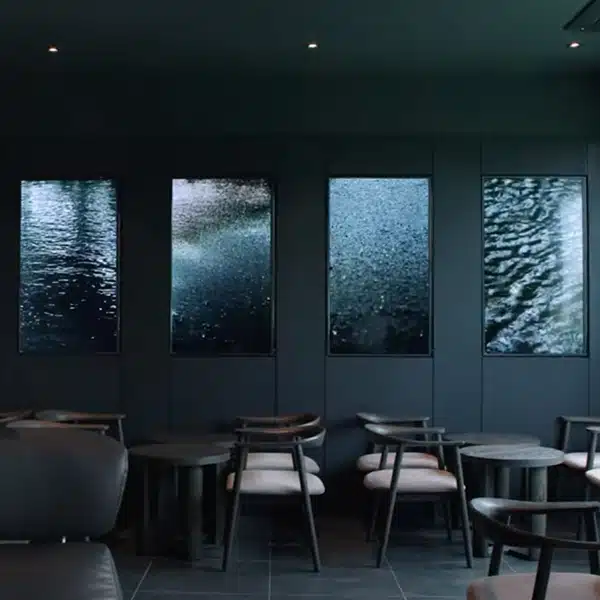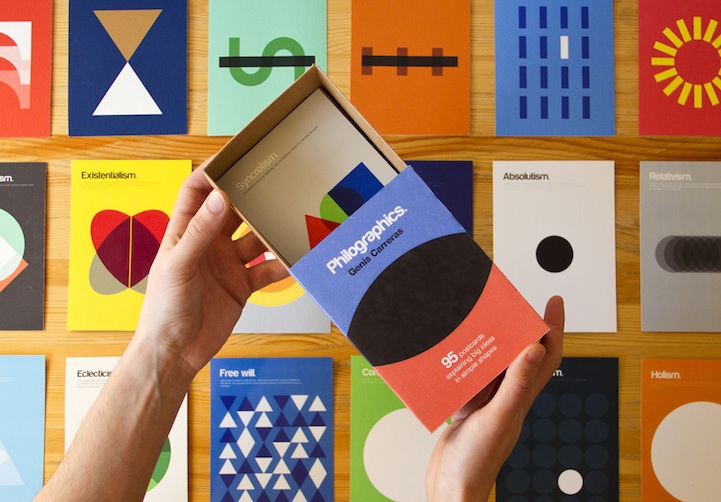
London-based graphic designer Genis Carreras just completed his full set of minimalist postcards that beautifully merge philosophy with graphic design. Many of you loved his first works, which we wrote about almost a year ago today. You can see the second part of the fantastic series, below.
Called Philographics, the series take the world's most important “isms,” and simplifies them down to their most basic forms. While in the first set he concentrated on philosophical theories, like Dualism, Free Will, and Existentialism, Carreras has now expanded his work to include more general “isms” or theories.
As Carreras tells us, “A lot of things have happened between Part I and II but the concept and process is exactly the same. The first set was the selection of theories I felt more comfortable about and connected with, and for the second part I had to do more research and, in some cases, learn about the theories. Another difference is my work experience between I and II. Working for design agencies, being involved in different freelance projects for big brands, has made me more aware of the visual language. For Part II, I used new graphic solutions as well as bolder shapes and colors. Philographics Part II is a new selection of 24 theories including a larger variety of ‘isms' on areas like sociology and politics.”
The project is now complete and consists of 95 designs explaining 95 different schools of thought. The ultimate goal? To create “a visual dictionary of philosophy.”
The talented 25-year-old launched a Kickstarter project today, April 23, where he's asking us to help him turn these designs into both a book and a postcard box set. Included are Parts I and II as well as 45 new, exclusive theories that haven't been released to the public (like Optimism, Pessimism, Pluralism and Materialism). You can donate or just read about this inspiring project, here.










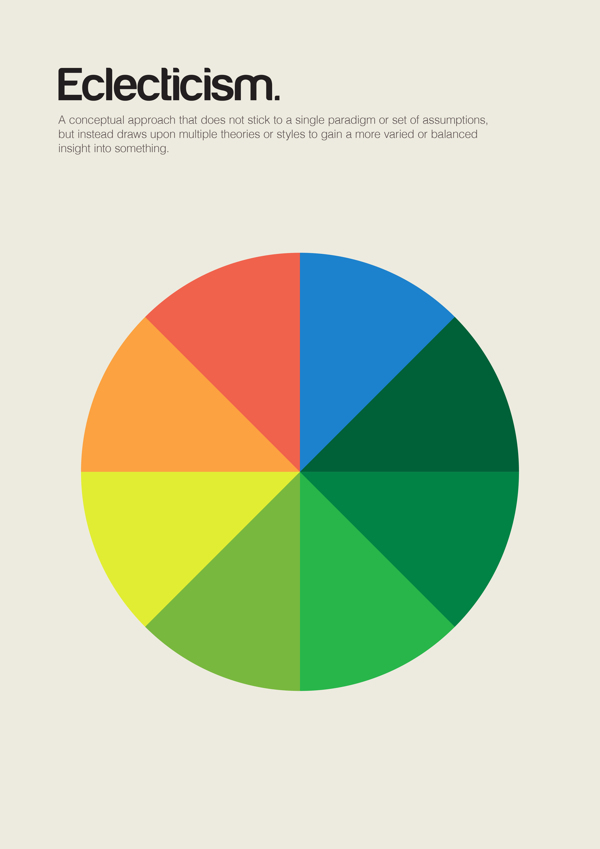


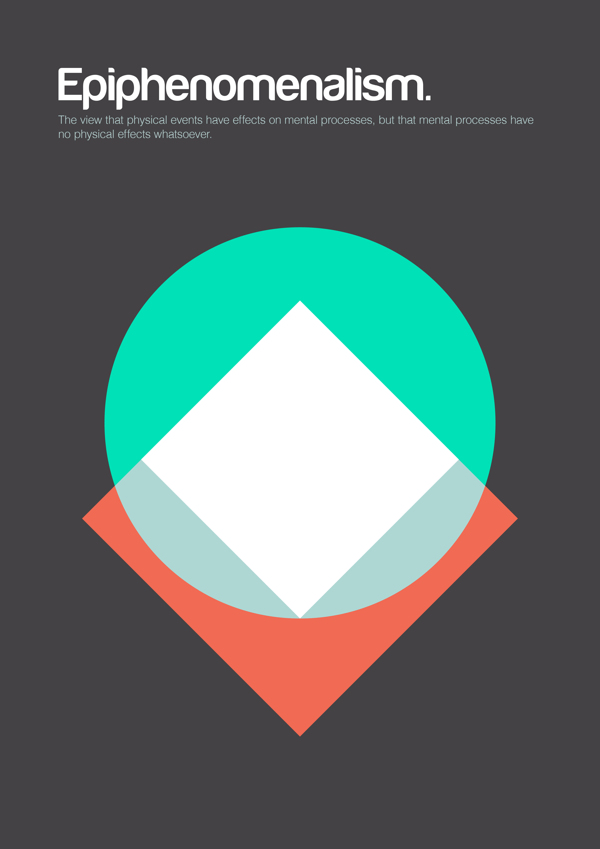






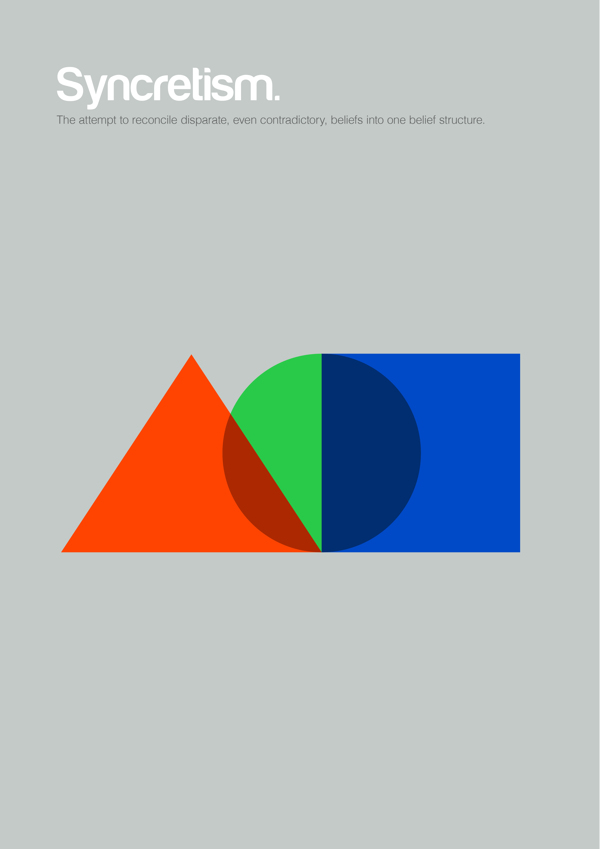


“I hope the book and the postcards help people understand the different philosophical theories of our Western culture, or at least make them feel more attracted to them,” said Carreras when we asked him what he hopes others got out of his series. “With this project I don't try to substitute books. I'm trying to make people talk about the theories, discuss and make interpretations of the designs, and bring philosophy back to people's daily life.”











































































